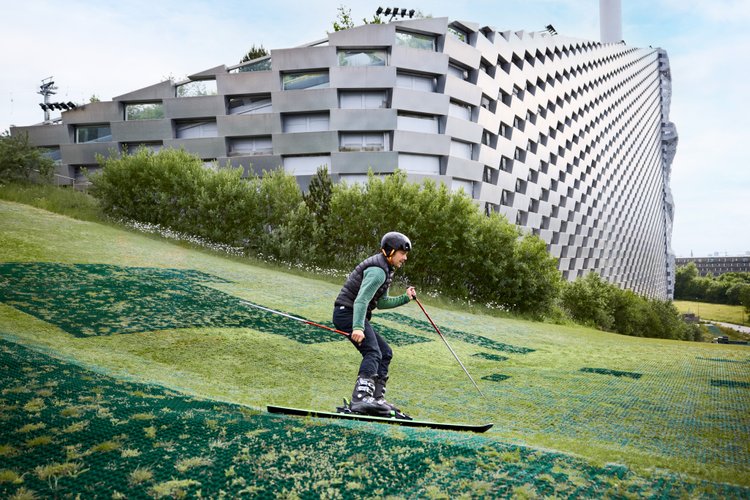
In an effort to encourage sustainable tourism Copenhagen is launching a scheme that will reward environmentally friendly tourists
By
Whether it’s visiting a community-run wildlife conservancy in Kenya, getting stuck into a volunteer project in India or peddling through a cycling holiday in France, sustainability and giving something back are becoming an ever more important part of how we choose our holiday destinations, and of how a destination markets itself to potential visitors.
Denmark, which has long prided itself on both its quality of life and sustainability, has twice won the Environmental Performance Index (2020 and 2022). The Danish capital, Copenhagen, was rated as the world’s most sustainable city in the Arcadis Sustainable Cities Index 2022. And now Copenhagen wants visitors to play their part in keeping the city clean, green and sustainable. And it’s willing to provide financial incentives to visitors who get involved.
CopenPay, which will run from 15 July to 11 August, aims to encourage tourists to take eco-friendly actions such as cycling around the city, participating in cleanup efforts, or volunteering at urban farms. In return, participating tourists will be rewarded with complimentary guided museum tours, free kayak rentals, and even free vegetarian lunches made from local crops.
There are currently 24 attractions signed up to the scheme and each has its own requirements for qualifying for the reward. For instance, visitors arriving at the National Gallery of Denmark with plastic waste are invited to a workshop to turn it into a piece of art. Similarly, a visitor taking public transport or a bike to Copenhagen’s iconic heating plant will then be allowed to ski down the side of the building’s sloping grass roof.
On announcing the scheme, Mikkel Aarø-Hansen, CEO at Wonderful Copenhagen, said: ‘We want visitors to make conscious, green choices and hopefully end up getting even better experiences while they visit. Through CopenPay we therefore aim to incentivise tourists’ sustainable behaviour while enriching their cultural experience of our destination. It is an experimental and a small step towards creating a new mindset amongst travellers and one among many initiatives we are doing to make travelling more sustainable.’
Participating in the scheme has been made purposefully easy with much of it based on trust. In most cases, all a tourist visiting Copenhagen need do to qualify is show a train ticket on arrival at a participating attraction, arrive on a bicycle, or present other simple proof of green actions to redeem their rewards.
Although the scheme is in pilot mode this year, Copenhagen tourist authorities are not just hoping that CopenPay will become a permanent part of the tourism experience of the city but that the idea will be copied elsewhere. Aarø-Hansen explains, ‘Since travelling is international, our success is dependent on the choices of people and destinations elsewhere. We therefore also strive to inspire sustainable behaviours and cultural appreciation worldwide’.
Related articles:



